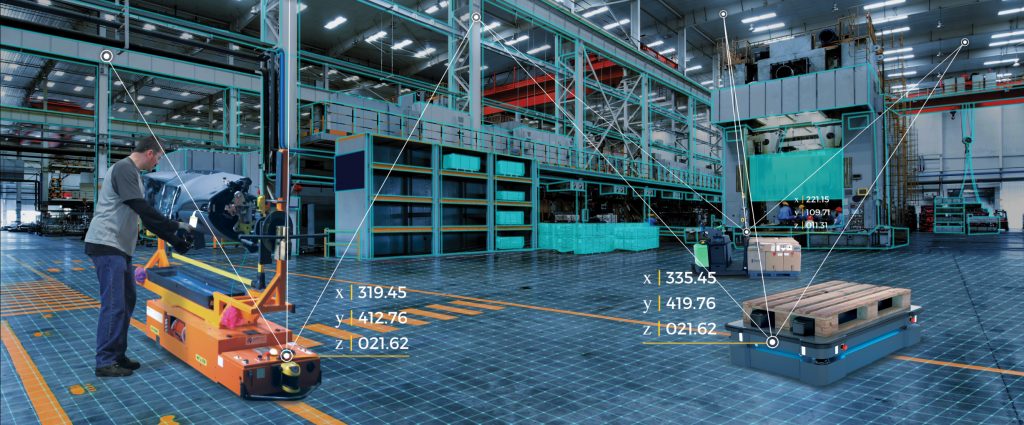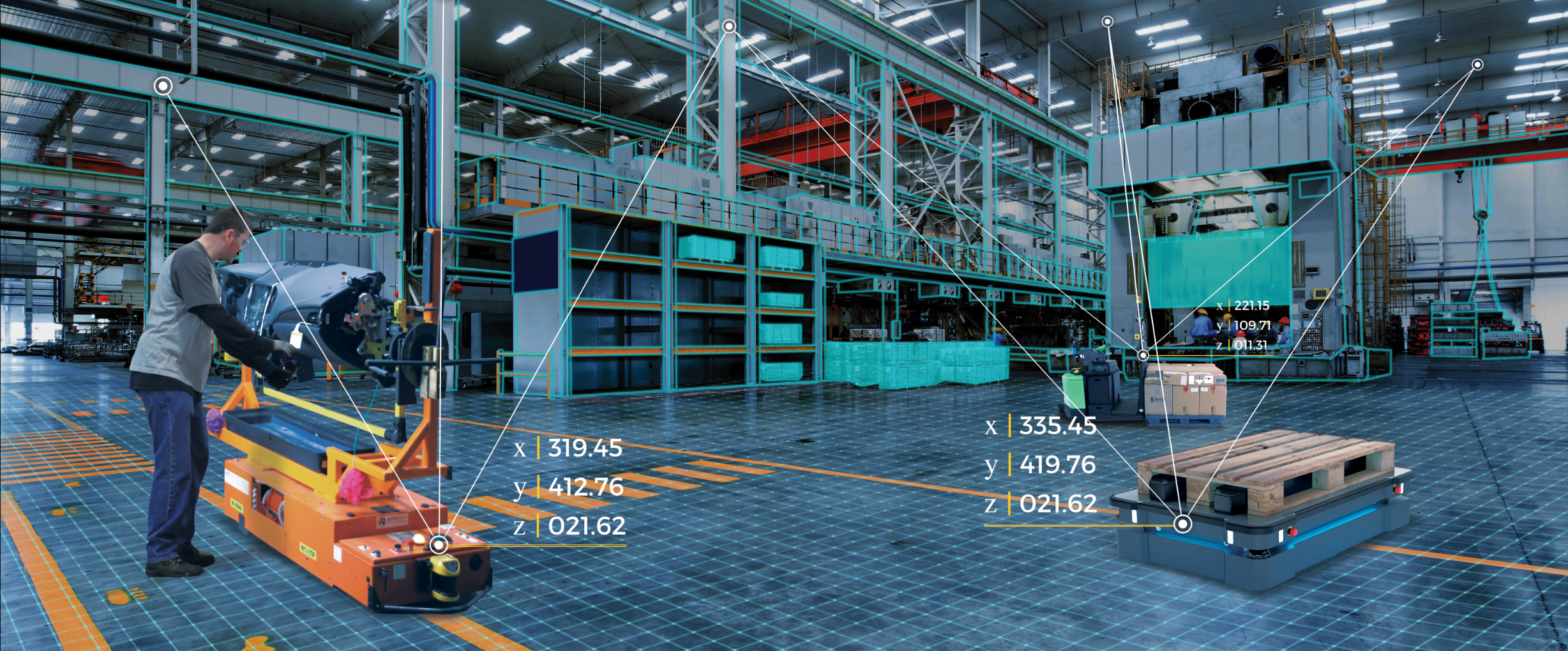
Robohub.org
306
Microlocation with David Mindell


In this episode, Abate interviews David Mindell, co-founder of Humatics. David discusses a system they developed that can detect the location of a special tracking device down to a centimeter level accuracy. They are currently developing a device to detect location down to a millimeter level accuracy. This solves a the core problem of localization for robots. David discusses the technology behind these products and their applications.
David Mindell

David co-founded Humatics with a mission to revolutionize how people and machines locate, navigate and collaborate. He is a professor of Aeronautics and Astronautics at MIT, as well as the Dibner Professor of the History of Engineering and Manufacturing, and Chair of the MIT Task Force on the Work of the Future. He has participated in more than 25 oceanographic expeditions and is an inventor on 8 patents in autonomous helicopters, AI-assisted piloting, and RF navigation. He is the author of five books, including Our Robots, Ourselves:Robotics and the Myths of Autonomy (2015) and Digital Apollo: Human and Machine in Spaceflight (2008). David has undergraduate degrees from Yale and a Ph.D. from MIT.
Links
- Download mp3 (15.9 MB)
- Subscribe to Robots using iTunes
- Subscribe to Robots using RSS
- Support us on Patreon
tags: Business, c-Industrial-Automation, cx-Industrial-Automation, Industrial Manufacturing, Mapping-Surveillance, Micro, podcast, Sensing




